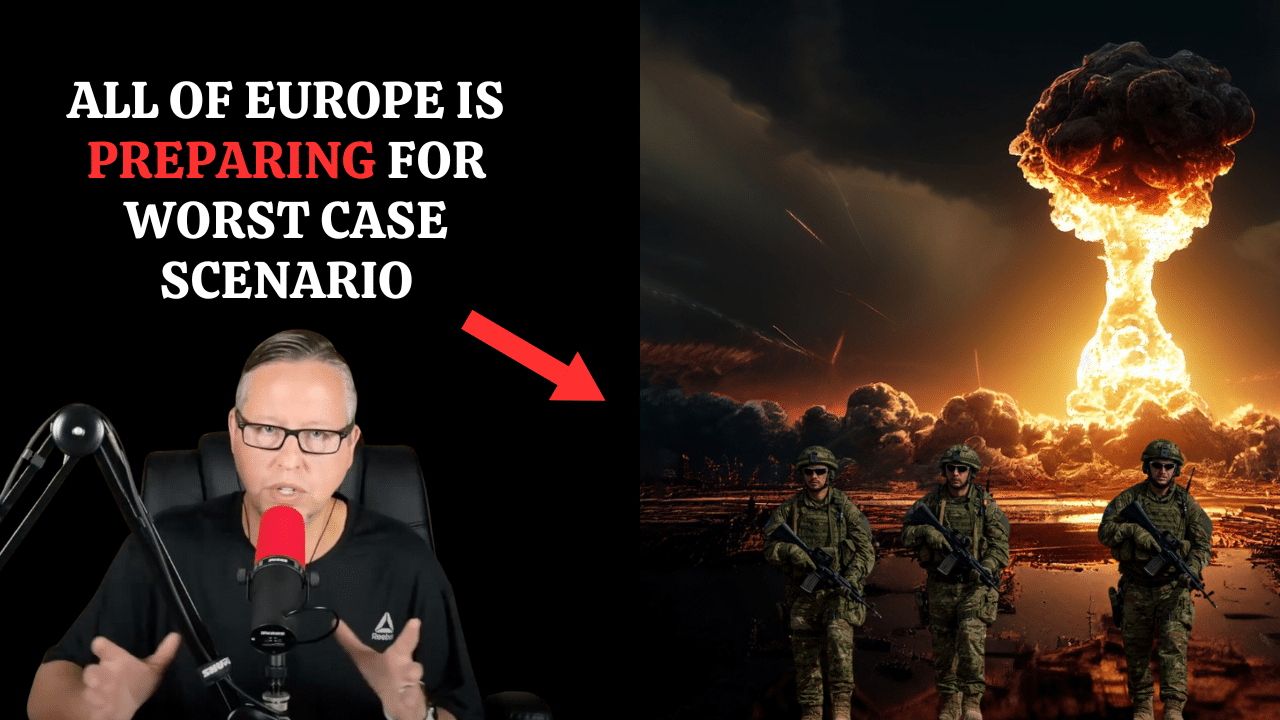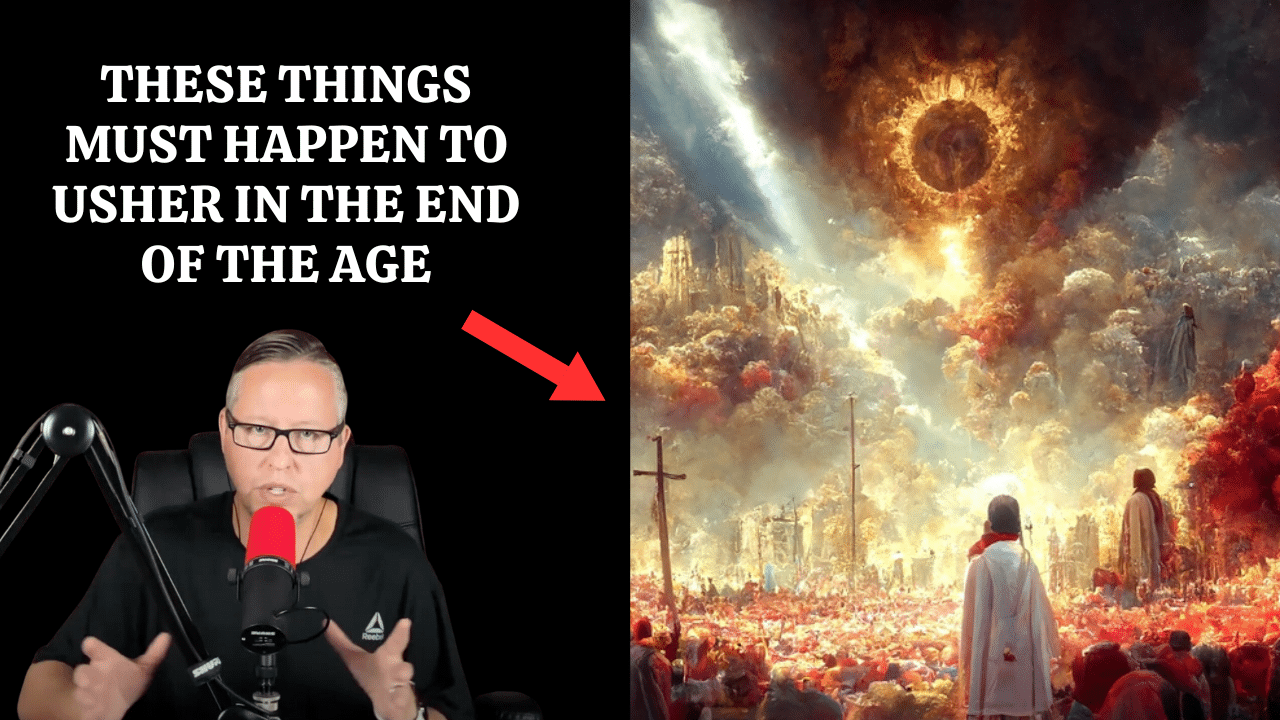(C/NET) – August’s Perseid meteor shower is known for being among the year’s most dazzling, but a lesser-known shower in June could be the most dangerous. The Beta Taurid meteor shower is less well known because it is considered a weak daytime shower that peaks after sunrise, making it very difficult to spot from Earth. But for at least a few decades now, some scientists have suspected that the Beta Taurids have made their presence felt in other ways in the past. Oxford scientists published research in 1993 suggesting that the space rock behind the Tunguska Event may have been hiding among the cloud of
debris left behind by Comet Encke, which is responsible for the Taurids. The little bits of dust and pebbles burn up in our atmosphere and are seen as “shooting stars.” But the researchers said there’s a reason to believe that Encke’s dust cloud also harbors bigger boulders and that it dropped one on the Tunguska River region of Siberia in 1908. The Tunguska Event represents perhaps the most powerful meteoroid impact with the Earth in modern times. A bolide exploded in the atmosphere over the Siberian wilderness, flattening the forest and tossing people from their chairs over 40 miles away. READ MORE








